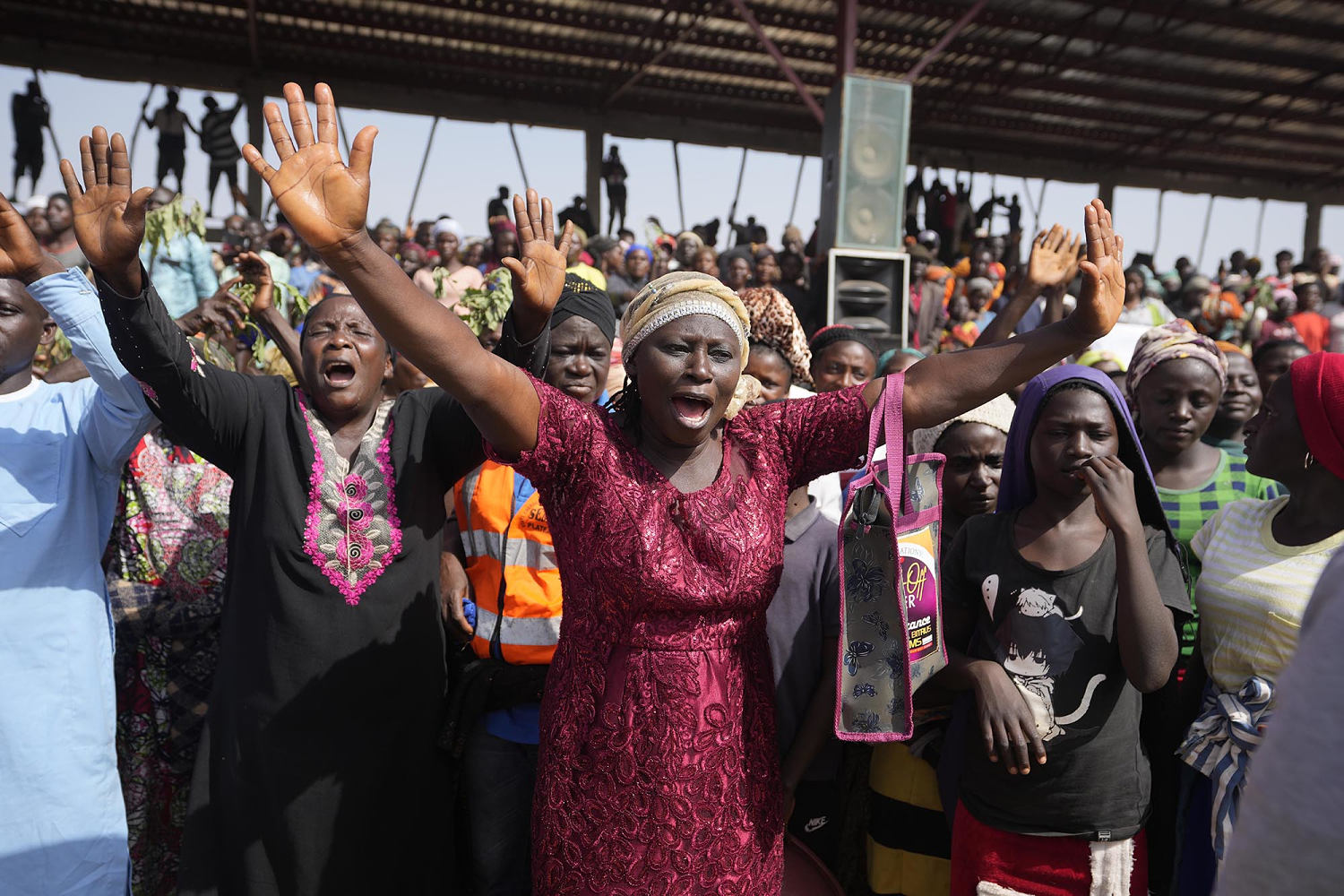Gunmen kill at least 52 people and displace hundreds in northern Nigeria

Gunmen have killed at least 52 people and displaced nearly 2,000 others over several days of attacks in Nigeria’s northern Plateau state, which has a history of violence between farmers and cattle herders, the national emergency agency said.
The reason for the attacks in six villages in Plateau’s Bokkos district last week was not immediately known but it is the worst outbreak of violence since December 2023, when more than 100 people were killed in the same district.
The National Emergency Management Agency (NEMA) said the scale of the violence became clearer at the weekend as 52 people were confirmed dead while 22 others were taken to hospital.
NEMA said in a statement late on Sunday that “gunmen carried out brutal assaults,” leading to multiple fatalities and widespread destruction of property.
“Over 1,820 individuals have been displaced. Three displacement camps have been established,” the agency said, adding that the security situation remained tense.
President Bola Tinubu directed security agencies to hunt down the attackers, who would face “severe punishment”, the presidency said.
Plateau is one of several ethnically and religiously diverse hinterland states known as Nigeria’s Middle Belt, where inter-communal conflict has claimed hundreds of lives in recent years.
The violence is often painted as ethno-religious conflict between Muslim herders and mainly Christian farmers. But climate change and the reduction of grazing land through agricultural expansion are also major factors.




